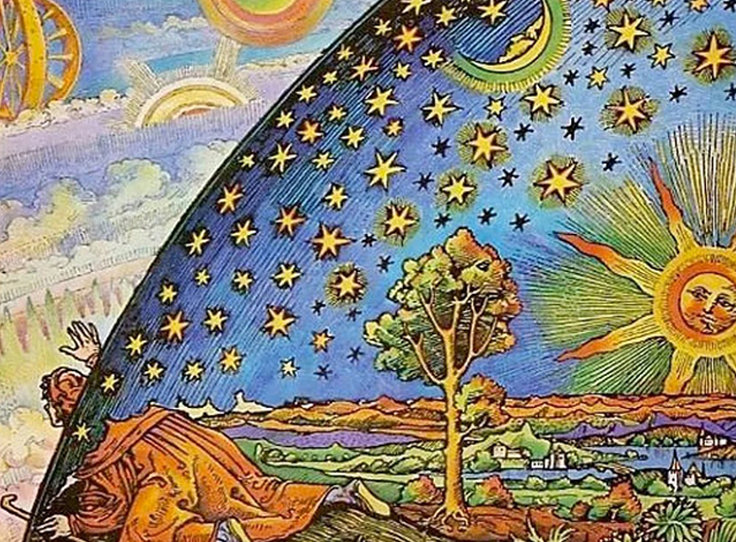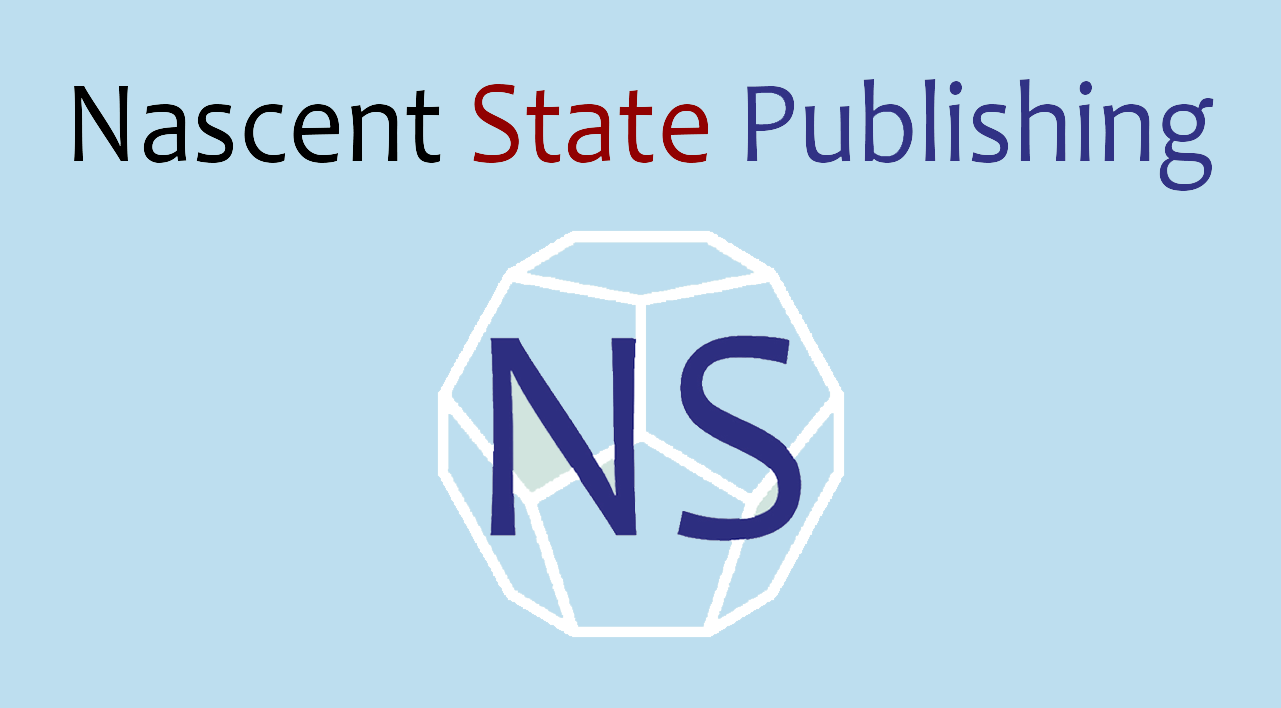
What is an enigma?
In 809 AD, the Arab ruler, Harun al-Rashid, presented a peace offering to Charlemagne, the Holy Roman emperor. The peace offering was an elaborate water clock. At noon a weight dropped, bells sounded, and twelve brass horsemen emerged from twelve windows. Charlemagne did not understand what the clock was for, and thought it was merely a device for making sounds.
An enigma is something we don’t understand. The problem is not the enigma itself, but in our limited understanding.
There are obvious enigmas, such as how the ancients knew of the precession of the equinoxes, or how the proportions of the human body are an expression of mathematics, but such enigmas are not pressing enough to cause us to question our understanding of the world.
There are also enigmas which present themselves to us on a daily basis and demand our attention. One such enigma is human nature.
The dominant view of human nature is that we are no more than machines, or as Daniel Dennett put it ‘robots made of robots made of robots’. If we are satisfied with this explanation, then we will see mechanical people and look no further.
Our direct experience of people is that there is always something in them which is not revealed to our direct observation. It was for this reason that the diplomat, Lord Chesterfield, advised his son to ‘look into people, as well as at them’. It follows that what we see depends as much on the mind as on the eye.
Logic deals with what we know; once we know what something is we can define, label and categorise it. But to discover what we don’t know – what is hidden – we have to apply intuition. Just as logic has its methods, so too does intuition.
In Zen, the practice of silent observation in order to experience the essential nature of a thing is called observing its ‘isness’. To observe without thinking is absurd from a logical point of view. From an intuitive point of view however, silent observation allows the less obvious, or hidden elements to come to the fore in our attention. We can study all nature in this way, from simple items to the seasons to human beings.
I am in the process of setting up Intuition Workshops here in Bath. For those who are interested in learning about intuition and its methods, the workshops may be of interest. The link below provides more details:
(artwork: Flammarion engraving, 1888, unknown artist)
